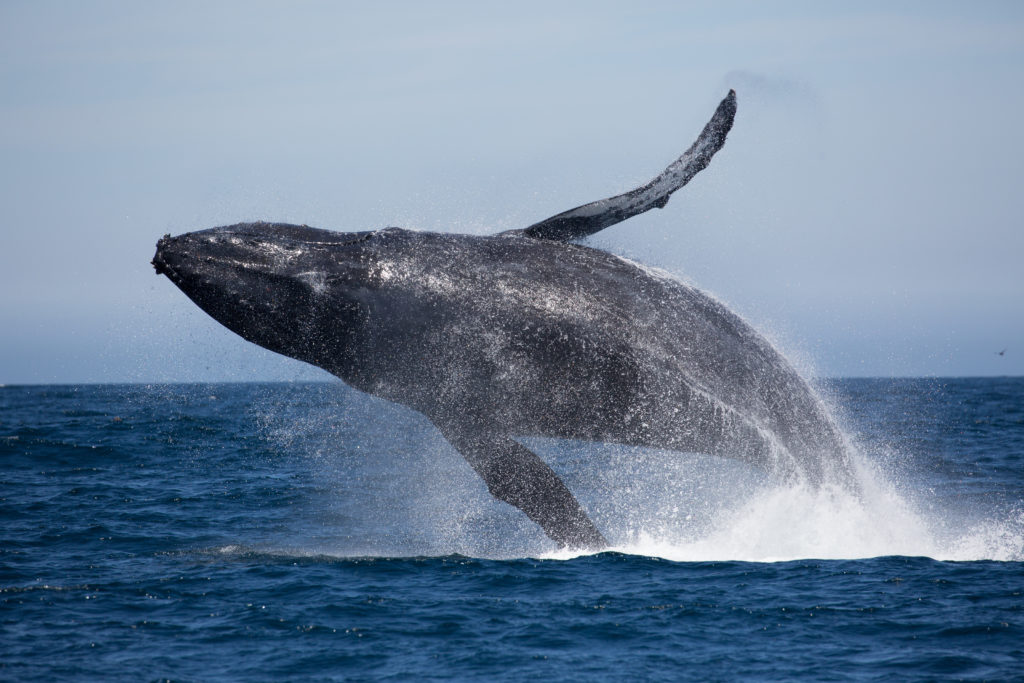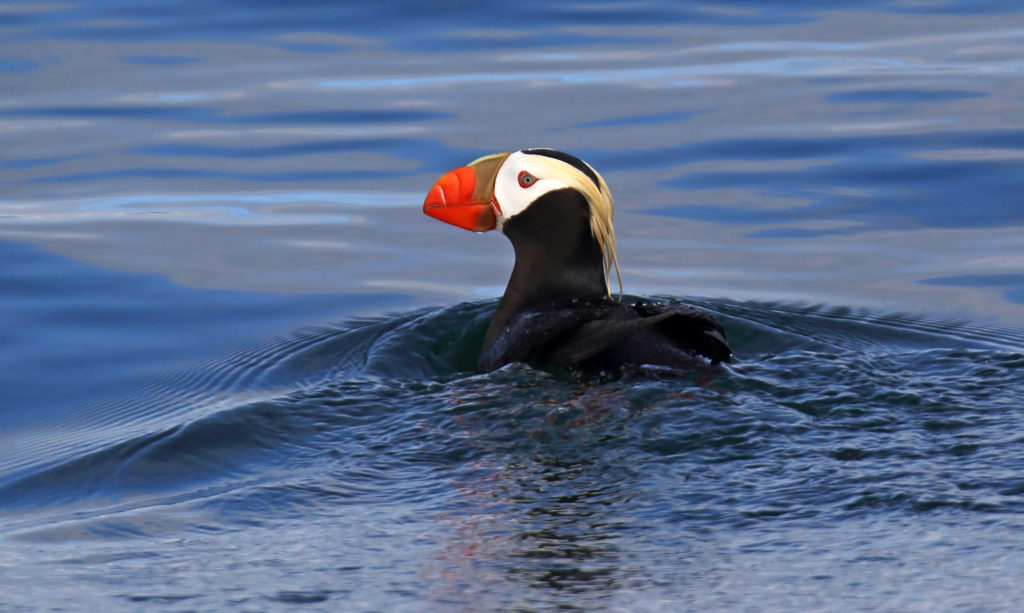‘No Dumping’ in Marine Protected Areas Isn’t as Clear as It Seems
After years of advocacy, WWF-Canada was thrilled when the federal government committed to establishing new minimum standards for federal marine protected areas (MPAs) that included bans on oil and gas exploration, mining, bottom trawling and dumping.
That was two years ago.
Will you tell the Canadian government to keep its promise and ensure “no dumping” in marine protected areas means no to all dumping?

We spoke with Kim Dunn, our senior specialist for marine conservation, to find out what still has to happen in Canada’s MPAs.
What are marine protected areas, and why are they important to healthy oceans?
They are legally protected areas of our oceans and one of the key mechanisms we have to safeguard marine biodiversity. Like national parks on land, human activities are more strictly regulated in MPAs than in surrounding waters to help wildlife recover from human impacts, such as pollution and overfishing.
In fact, they’re so important that Canada has committed to protecting 30 per cent of its marine and coastal areas by 2030! But until we have strong minimum standards in place, MPAs won’t be able to deliver on what they promise.
Declaring minimum standards is just the beginning of a longer process. What’s happening now?
Now we’re watching how the government defines these standards and what the rules will be. For example, there’s currently no definition of what “no dumping” actually means in the context of marine protected areas, or how this commitment will be implemented and enforced.

Can you break down how dumping affects wildlife?
We know dumping wreaks havoc on our environment and poses a risk to wildlife and people. Greywater from sinks, kitchens, showers and washing machines aboard ships can contribute to algal blooms, create ocean dead zones and contain microplastics. Scrubber effluent, which is washwater from cleaning Heavy Fuel Oil exhaust gas, basically turns air pollution into water pollution. Sewage, both treated and untreated, from toilets, can cause fecal contamination in the shellfish we eat.
How big of a problem is dumping in MPAs?
From previous regional studies, we know dumping is a big problem and that some industries contribute more than others. A WWF-Canada study found 1.54 billion litres of grey water was generated by ships off the B.C. coast in 2017, with the vast majority of this volume from cruise ships.
We’re currently working on first-of-its-kind Canada-wide research on dumping that will provide an even clearer picture for why strong MPA standards are so crucial.
You can help ensure our marine protected areas are protected from threats like dumping in more than name only by sending an email to government. Act now.

